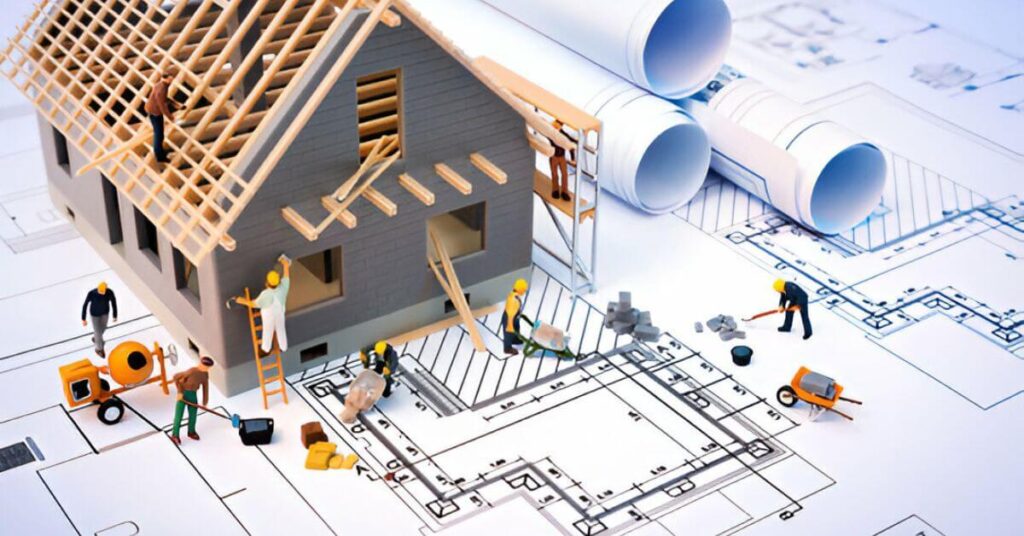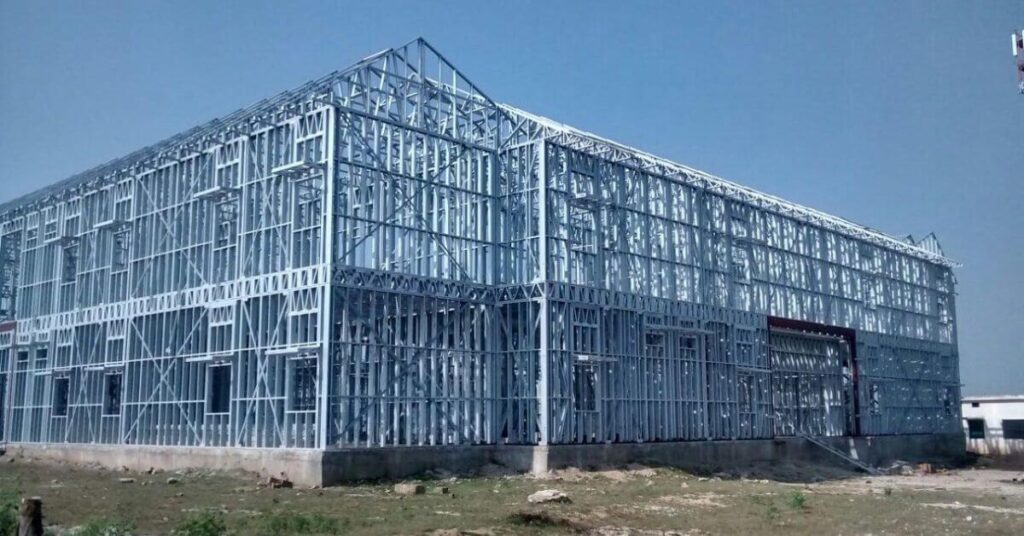
Revolutionizing Construction: An In-Depth Look at LGSF Technology
In the dynamic realm of construction, innovation is the driving force that propels the industry forward. One such groundbreaking technology making waves is Light Gauge Steel Framing (LGSF). This article explores the revolutionary impact of LGSF technology on construction, delving into its origins, applications, advantages, and challenges.
Understanding LGSF Technology
LGSF technology, characterized by the use of light gauge steel for framing structures, has its roots in the quest for more durable and efficient construction methods. The components of LGSF, primarily steel studs and tracks, offer a resilient framework for building construction.
Advantages of LGSF Technology
Cost-effectiveness
Traditional construction often grapples with budget overruns, but LGSF technology provides a cost-effective alternative. The precision of manufacturing and ease of assembly contribute to reduced labor costs, making LGSF an attractive choice for budget-conscious projects.
Energy Efficiency
As the world pivots towards sustainable practices, LGSF technology shines in its energy efficiency. The thermal properties of steel contribute to better insulation, resulting in energy savings for both residential and commercial structures.
Quick Construction Time
Time is of the essence in construction projects, and LGSF technology meets this demand head-on. The off-site fabrication of components allows for swift on-site assembly, significantly reducing construction timelines compared to traditional methods.
Applications in Modern Construction
LGSF technology finds diverse applications across various construction domains.
Residential Buildings
The flexibility and speed of LGSF make it an ideal choice for residential construction. From single-family homes to multi-story apartments, LGSF technology caters to the evolving needs of modern homeowners.
Commercial Structures
In the commercial sector, where time is money, LGSF’s rapid construction capabilities prove invaluable. Large-scale commercial structures can be erected efficiently without compromising on durability or safety.
Industrial Projects
LGSF’s structural integrity makes it a reliable choice for industrial projects. Warehouses, factories, and other industrial facilities benefit from the robust framework provided by LGSF technology.
Sustainability and Environmental Impact
Reduced Carbon Footprint
Compared to traditional construction, LGSF technology boasts a significantly reduced carbon footprint. The manufacturing process generates less waste, and the recyclability of steel contributes to a more sustainable construction ecosystem.
Recycling Aspects
The recyclability of steel used in LGSF technology aligns with the growing emphasis on circular economies. Components can be repurposed, minimizing environmental impact and promoting responsible construction practices.
Structural Integrity and Safety
In the realm of construction, safety is paramount, and LGSF technology stands out for its structural integrity.
Comparison with Traditional Construction Methods
LGSF technology surpasses traditional methods in terms of strength and durability. The steel framing resists wear and tear, ensuring long-lasting structures even in challenging environmental conditions.
Resistance to Natural Disasters
The resilience of LGSF structures is particularly evident in their ability to withstand natural disasters. From earthquakes to hurricanes, the inherent strength of steel framing contributes to enhanced safety for occupants.
Architectural Flexibility and Design Possibilities
Customization Options
Architects and builders revel in the flexibility offered by LGSF technology. Customization options abound, allowing for unique designs tailored to the specific preferences and requirements of clients.
Innovative Designs Achievable with LGSF
The adaptability of LGSF extends beyond traditional construction, enabling architects to explore innovative designs that were once deemed impractical. The technology opens doors to a new era of architectural creativity.
Challenges and Misconceptions
Perceived Limitations
While LGSF technology has gained widespread acceptance, some misconceptions linger. Addressing these perceived limitations is crucial to fostering a deeper understanding of the technology’s true potential.
Addressing Common Misconceptions
From concerns about steel’s environmental impact to misconceptions about structural strength, this section dispels common myths surrounding LGSF technology, providing clarity on its capabilities.
Global Adoption and Success Stories
Countries Leading in LGSF Construction
Certain countries have embraced LGSF technology more enthusiastically than others. Examining the global landscape provides insights into the regions where LGSF has become a cornerstone of construction practices.
Notable Projects and Success Stories
From towering skyscrapers to innovative residential developments, this section explores notable projects that showcase the success and versatility of LGSF technology.
Future Trends and Technological Advancements
Emerging Technologies in LGSF Construction
The evolution of LGSF technology continues, with ongoing research and development introducing new innovations. This section provides a glimpse into emerging trends that promise to further enhance the capabilities of LGSF.
Potential Improvements and Innovations
The future holds exciting possibilities for LGSF technology. Anticipated improvements and innovations could redefine the construction landscape, making LGSF an even more compelling choice for builders and developers.
Regulatory Landscape and Standards
Compliance and Regulations
As LGSF technology gains prominence, adherence to regulatory standards becomes essential. This section explores the existing regulatory landscape and the standards that govern the use of LGSF in construction.
Standardization in the Industry
The push for standardization in the LGSF industry ensures consistency and quality across projects. Understanding the evolving standards is crucial for builders and stakeholders navigating the LGSF construction terrain.
